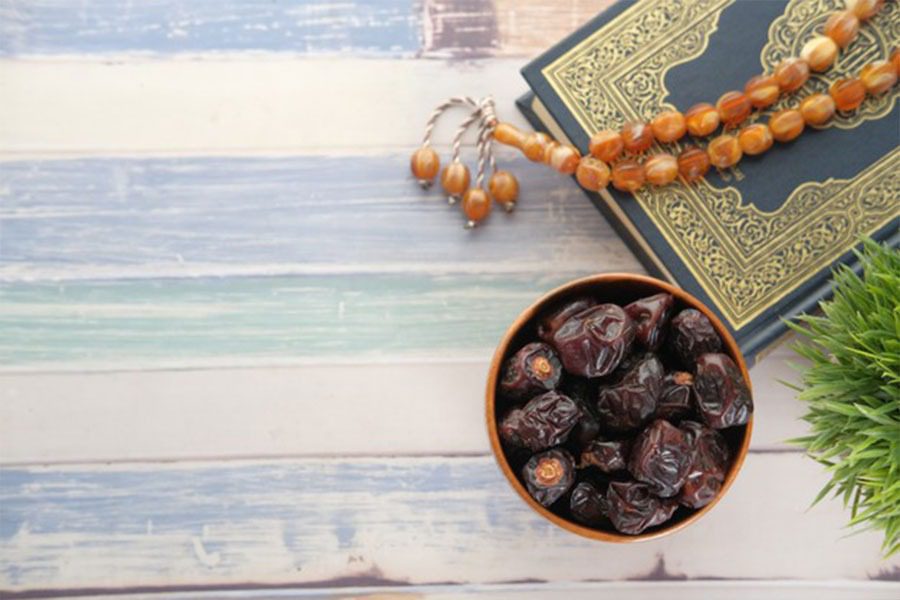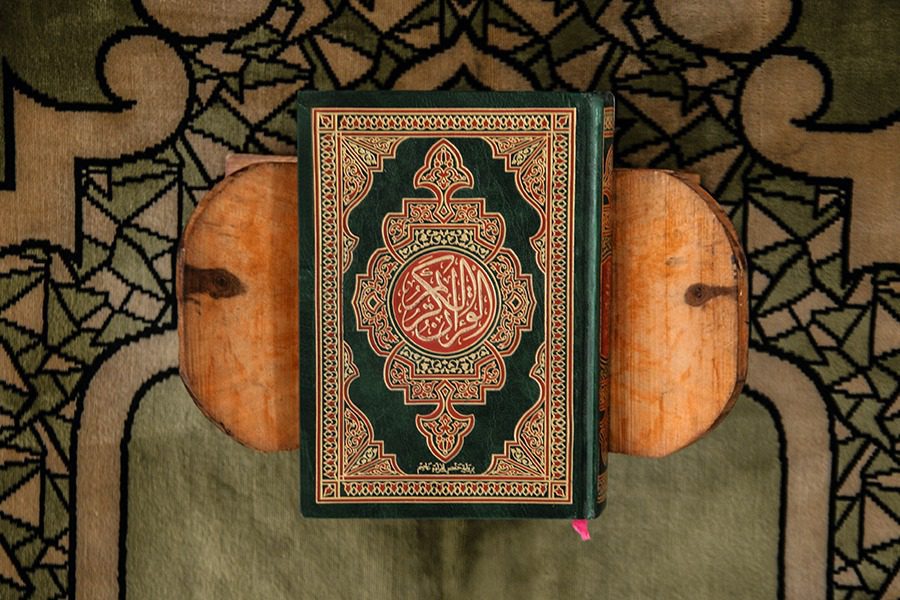The meaning of Hajj:
The month of Dhu al-Hijjah falls at the end of all Islamic months. That is, it is the last month of the Islamic calendar. The first ten days of Dhu al-Hijjah are very important. The specific acts of worship performed by those who come to visit the city of Mecca are called Hajj in Islamic terms and the acts of worship performed by them are called the rites of Hajj. In Islam, Hajj is a once-in-a-lifetime obligation for everyone who can afford it. In the Quran, Hajj is the last and fifth pillar of Islam
The rituals of hajj:
It begins with the rites of Hajj from the 8th of Dhul-Hijjah. The first day of Hajj is called Yom al-Tarwiyah and it is the day of Zaljaj. On this day, the pilgrims perform Ghusl and Ihram. Reading the prayers of Wadi Manah is also included in this day. The second day of Hajj is the day of ‘Arafah and it is the day of the important day of Dhul-Hijjah. The second day of Haj is more important than the rest of the days. This is the day of forgiveness and it is called the day of ‘Arafah. On the same day, the great member of Hajj (Waqf Arafat) is performed. On that day, the pilgrims leave for Arafat. Waqf recites the prayer of Arafat and finally leaves for Muzdalifah and stays in the evening.
The third day of Hajj is called the day of Nahar, and Eid-ul-Azha is celebrated on the same day, but due to the busyness of the pilgrims and the importance of the rituals of Hajj on that day, the pilgrims offer Eid prayers. These are the programs of the day. Waqf is obligatory in Muzdalifah from Fajr prayers to sunrise on the 10th of Zilhaj. After this, there is a departure towards the mouth, and Jamrah Aqaba (ie the evil Shaitaan is stoned to death). After that, the sacrifice is made.
The fourth, fifth and Sixth day of Haj, that is 11, 12 13 which is called the days of Ramah. And on this day, after completing the Tawaf pilgrimage, the Tawaf farewell is performed and the Dua is offered while leaving the Ka’bahs.

10 Zill Hajjah day of Eid-ul-Adha:
Eid-ul-Adha is one of the major Islamic events celebrated around the year. Eid marks the end of the hajj which is a five-day religious journey to the grand mosque (Khana Ka’ba) of mecca in Saudi Arabia. this Eid is also known as the festival of sacrifice. this festival is based on Ibrahim’s devotion to sacrificing his son. Muslims around the world complete the Holy ritual along with the sacrifice of an animal n this festival. the celebrations last for 3 days, unlike Eid ul Fitr which is celebrated for one day. people celebrate this festival with great happiness and joy and send their warm wishes and offer prayers in the mosque.
Benefits of Hajj:
There are many benefits to performing Hajj. It washes away sins, just as water cleanses the dirt. This is an act of worship in which the spirit of all other acts of worship is present. For example, how zakat money is spent? Psychological desires are controlled by fasting, and this is also done in Hajj. Prayers in Haj are regularly performed with Takbir Oli. On the occasion of Hajj, the spirit of global unity of Muslims comes to the fore. Muslims of different colors, races, languages, nationalities, and nationalities seem to engage in the same dress and manner in remembrance of God.















